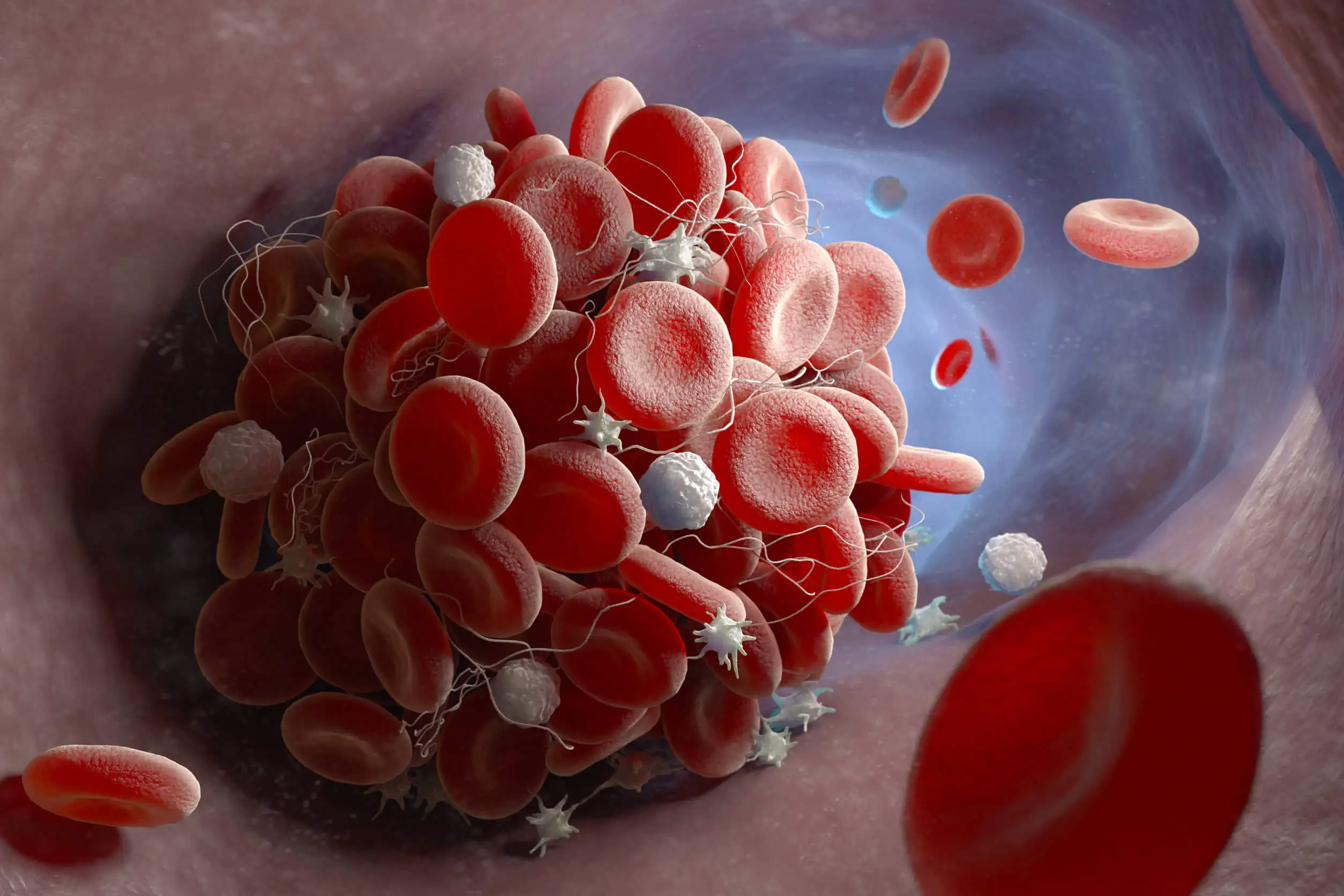Oyster Mushrooms: Nutrients and Benefits


Written and verified by the nutritionist Saúl Sánchez Arias
Oyster mushrooms have excellent organoleptic characteristics and can have health benefits when included in a varied and balanced diet. It is one of the most popular cultivated mushrooms, due, among other things, to its mild and delicate flavor. It can be introduced as an ingredient in many different recipes, and is very versatile at a culinary level.
Before starting, it should be noted that the consumption of mushrooms is recommended by almost all nutrition experts. They have many micronutrients and phytochemicals, and help prevent deficits, modulating the levels of oxidation and inflammation in the body.
Oyster mushrooms: nutrients
Oyster mushrooms are characterized by how many B vitamins. they have. It also contains vitamins D, C and K.
On top of that, it contains essential minerals such as iron, sodium, iodine, zinc, potassium and selenium. All of them are essential to ensure that the reactions that take place daily in the internal environment are carried out efficiently.
On the other hand, this mushroom doesn’t have many calories, and the same is true for most mushrooms.
It does, however, have high amounts of fiber. It can help to create satiety and improve the functioning of the digestive tract, helping good transit. It can be eaten without problems in the context of a hypocaloric diet with the objective of weight loss.
It can’t be overlooked that part of the fiber contained in this mushroom is of the soluble type. We’re talking about a substance that ferments inside the digestive tract, serving as an energetic substrate for the bacteria that live there. Thanks to this, it will be less likely to experience dysbiosis situations.

Try this great recipe: Oven-Baked Turkey and Mushroom Meatballs
Health benefits
First, it should be noted that oyster mushrooms can help regulate immune system function. Vitamin C has been shown to boost the innate and adaptive pathways of the human body’s defense system. As a result, infections are less likely to occur or, if they do develop, symptoms will be much easier to manage.
Neither should we underestimates the importance of zinc, another element that can be crucial in improving the efficiency of our natural defenses. In this case, the mineral is involved in the differentiation processes of the cells of the white series. Thus, pathogens can be fought more efficiently.
Another important point is that of vitamin D. Not many foods contain this element.
It’s true that the vitamin D content found in vegetable products isn’t as high quality as what our bodies synthesize, or what we find in blue fish, but it helps to cover the requirements. According to a study published in the journal Reviews in Endocrine & Metabolic Disorders, maintaining an insufficient level of vitamin D increases the risk of developing complex pathologies.
Finally, it should be noted that this mushroom contains quite a lot of vitamin K. This can be dangerous for people on anticoagulant drugs. For this reason, it would be better to consult with the doctor to see if this kind of mushroom can be included in your diet or not.

You may also be interested in: Three Low-Calorie Mushroom Recipes
Oyster mushrooms: a healthy vegetable
Oyster mushrooms are healthy, and can be consumed on a regular basis. They provide a good selection of essential nutrients for health, especially vitamins and minerals.
They are also low in calories, and so there’s no need to worry about how many you eat and their impact on the state of body composition. They also help as regards satiety.
Finally, it’s important to mention that one of the key points in maintaining a good diet is variety. If products from different groups are included, you will be less likely to have deficits in any area.
All cited sources were thoroughly reviewed by our team to ensure their quality, reliability, currency, and validity. The bibliography of this article was considered reliable and of academic or scientific accuracy.
- Carr AC, Maggini S. Vitamin C and Immune Function. Nutrients. 2017;9(11):1211. Published 2017 Nov 3. doi:10.3390/nu9111211
- Wessels I, Maywald M, Rink L. Zinc as a Gatekeeper of Immune Function. Nutrients. 2017;9(12):1286. Published 2017 Nov 25. doi:10.3390/nu9121286
- da Silva, Marliane CS, et al. “Enrichment of Pleurotus ostreatus mushrooms with selenium in coffee husks.” Food chemistry 131.2 (2012): 558-563.
- Lesa, Kaisun Nesa, et al. “Nutritional Value, Medicinal Importance, and Health-Promoting Effects of Dietary Mushroom (Pleurotus ostreatus).” Journal of Food Quality 2022 (2022).
- Holick MF. The vitamin D deficiency pandemic: Approaches for diagnosis, treatment and prevention. Rev Endocr Metab Disord. 2017;18(2):153-165. doi:10.1007/s11154-017-9424-1
- Deepalakshmi, Krishnamoorthy, and Mirunalini Sankaran. “Pleurotus ostreatus: an oyster mushroom with nutritional and medicinal properties.” Journal of Biochemical Technology 5.2 (2014): 718-726.
This text is provided for informational purposes only and does not replace consultation with a professional. If in doubt, consult your specialist.








